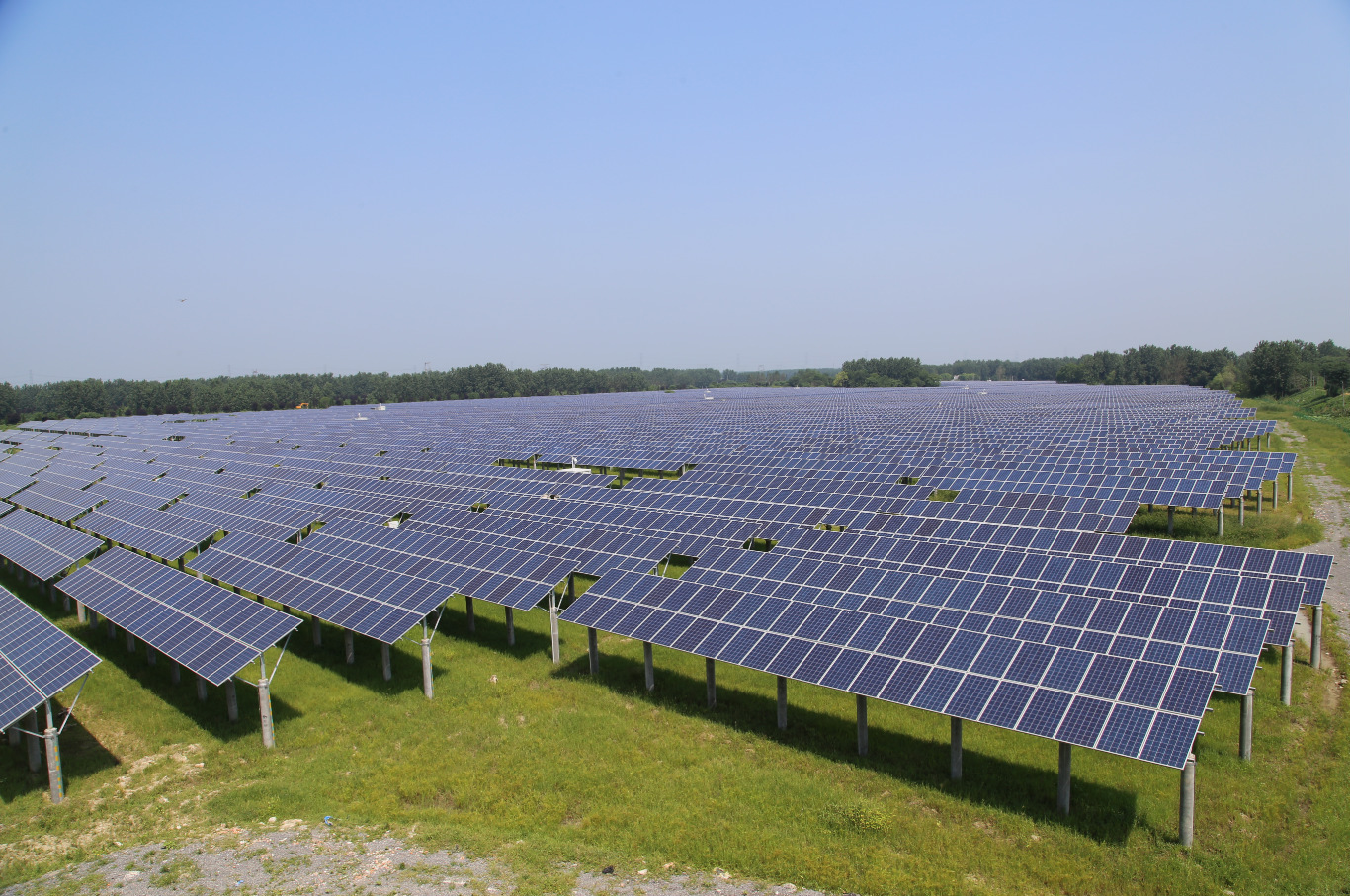The development history of solar panel
The development process of solar panel The first generation of solar cells: including monocrystalline silicon solar cells and polycrystalline silicon solar cells. Since the invention of crystalline silicon solar cells, although silicon materials have various problems, they are still the current solar cell materials, accounting for approximately More than 90% of the entire solar cell output. The Beijing Solar Energy Research Institute of my country has been conducting research on high-efficiency batteries since the 1920s. The use of inverted pyramid surface structuring, passivation of the launch area, and backfield technologies have enabled the efficiency of monocrystalline silicon solar cells to reach 19.8%.
Second-generation solar cells: The second-generation solar panels are based on thin solar cells. Thin-film technology requires much less materials than crystalline silicon solar cells, and it is easy to achieve mass production. Solar cells mainly include amorphous silicon thin film batteries, polycrystalline silicon thin film batteries, cadmium telluride and copper indium selenium thin film batteries. Nankai University in my country began to study copper indium selenium thin film batteries in the late 1980s, and is currently in the leading position in this research field in China and in the international advanced position. The conversion efficiency of the prepared copper indium selenide thin film battery has reached 12%. The trial production line of copper indium selenium thin film solar cells has been completed. In the industrialization research of dye-sensitized nano-film solar cells, the level of scientific research is similar to that of the world. Has a certain influence in this field.
Third-generation solar panels: The third-generation solar panels must have the following conditions, high conversion rate of thin film, abundant raw materials, non-toxic and environmentally friendly. At present, its third-generation solar cells are still undergoing conceptual and simple experimental research. The third-generation solar cells that have been developed mainly include laminated solar cells, multi-band gap solar cells, etc. Although the raw materials of solar cells have reached the third stage, the familiarity of process technology and manufacturing cost are not on par with conventional silicon solar cells. After decades of struggle, the cost of silicon solar cells has finally fallen, but compared to conventional energy sources, they are still relatively expensive, which limits further applications.




